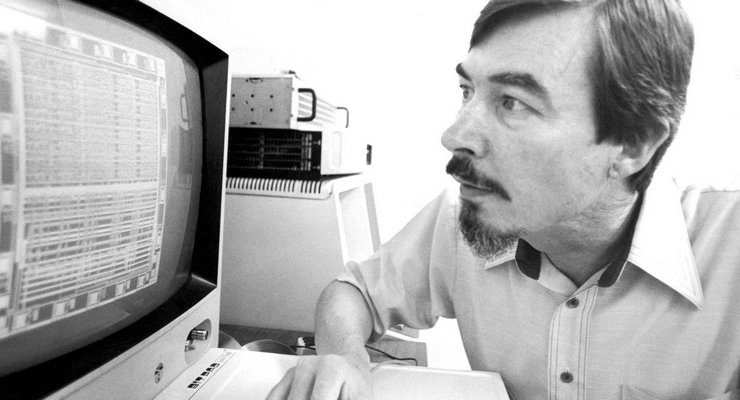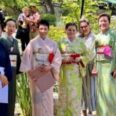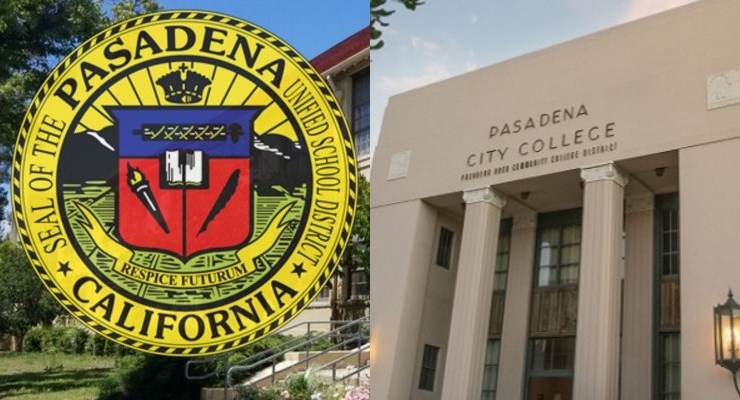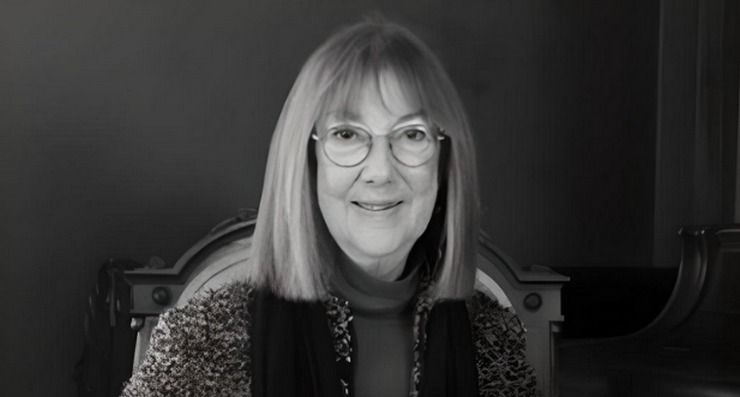
Carver Mead (BS ’56, MS ’57, PhD ’60), one of the fathers of modern computing, has been awarded the 2022 Kyoto Prize by the Inamori Foundation of Japan. The announcement was made today in Kyoto.
According to the Inamori Foundation, Mead, the Gordon and Betty Moore Professor of Engineering and Applied Science, Emeritus, was awarded the honor for his “leading contributions to the establishment of the guiding principles for VLSI systems design.” VLSI, which stand for “very large-scale integration,” is the process of combining thousands or even millions of transistors onto a single chip that forms an integrated circuit and is the cornerstone of the computers the world relies on today. Mead received the National Medal of Technology in 2002 for his efforts (it is now known as the National Medal of Technology and Innovation).
As the design of VLSI systems grew ever more complicated with the increase in the number of transistors per chip during the 1970s, Mead developed a new way to divide the design process of VLSI systems into logic, circuit, and layout designs, and to separate them from the manufacturing process. In so doing, he laid the foundation for the automation of the design process for VLSIs, which in turn opened the door for rapid development in the industry.
Mead and computer engineer Lynn Conway literally wrote the book on the subject, Introduction to VLSI Systems, which was first published in 1978 and is the world standard textbook for chip design.
A Caltech alumnus—he earned his bachelor’s, master’s, and doctoral degrees from the Institute—Mead began teaching at the Institute in 1958. He holds more than 80 U.S. patents and has written more than 100 scientific publications. Mead will share this year’s Kyoto Prize with population biologist Bryan T. Grenfell of Princeton University, who proposed a methodology that predicts infectious disease dynamics of RNA viruses by considering viral evolution, and musician Zakir Hussain, who opened up new musical possibilities for the tabla, a traditional Indian percussion instrument. In 2007, the Kyoto Prize was awarded to Hiroo Kanamori, the John E. and Hazel S. Smits Professor of Geophysics, Emeritus, in honor of his “significant contributions to understanding the physical processes of earthquakes and developing seismic hazard mitigation systems to protect human life.”
Mead, Grenfell, and Hussain will each receive a cash gift of 100 million yen (approximately $757,000 at the current exchange rate), a Kyoto Prize Medal of 20-karat gold, and a diploma.
The Inamori Foundation was established in 1984 by Kazuo Inamori, founder and chairman emeritus of Kyocera and KDDI Corporation. The prize was created in 1985 in line with Inamori’s belief that individuals have “no higher calling than to strive for the greater good of humanity and the world, and that the future of humanity can be assured only though a balance of scientific progress and spiritual depth,” according to the foundation.














 6 comments
6 comments


